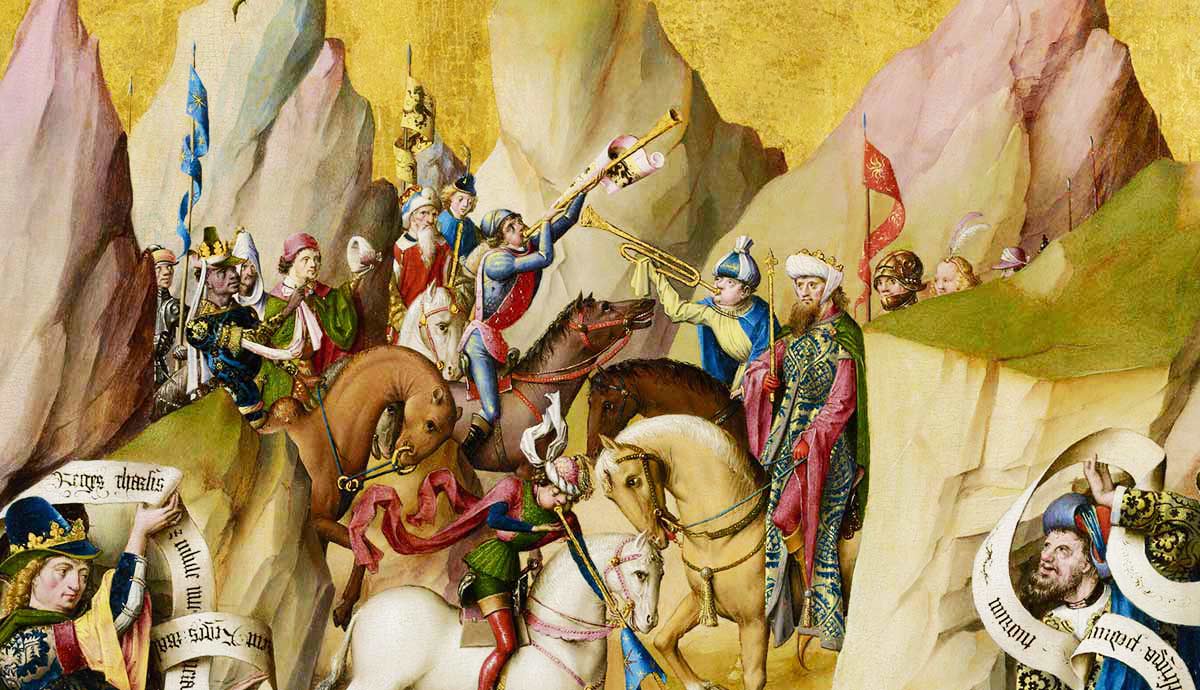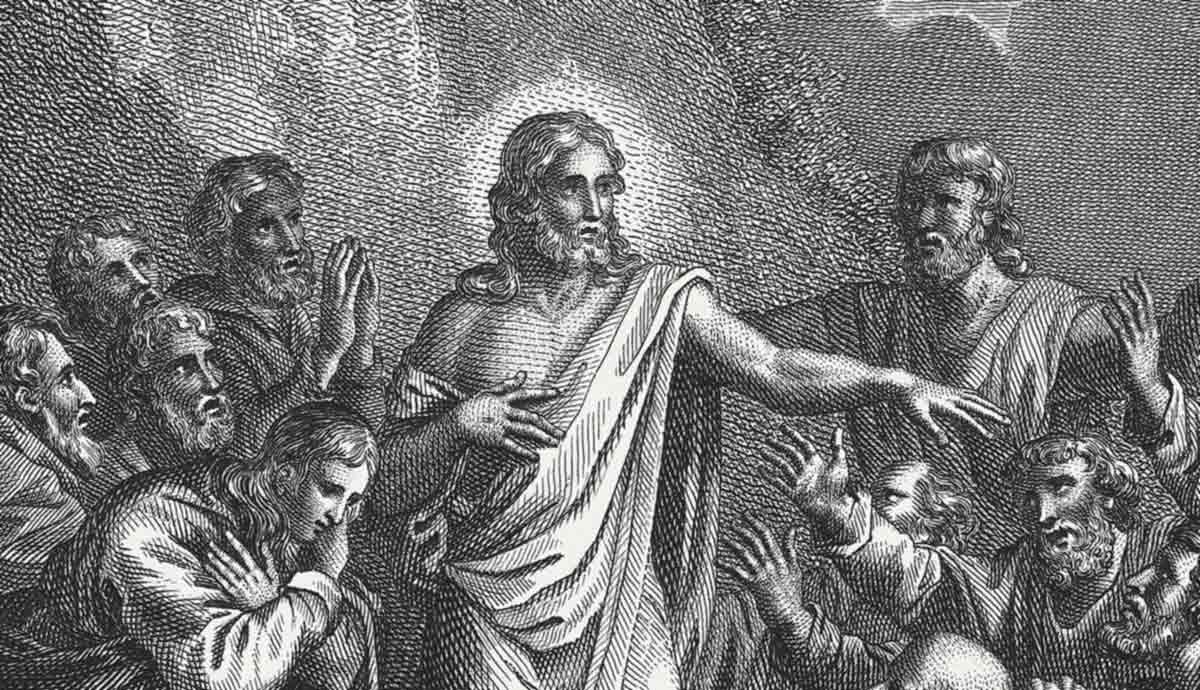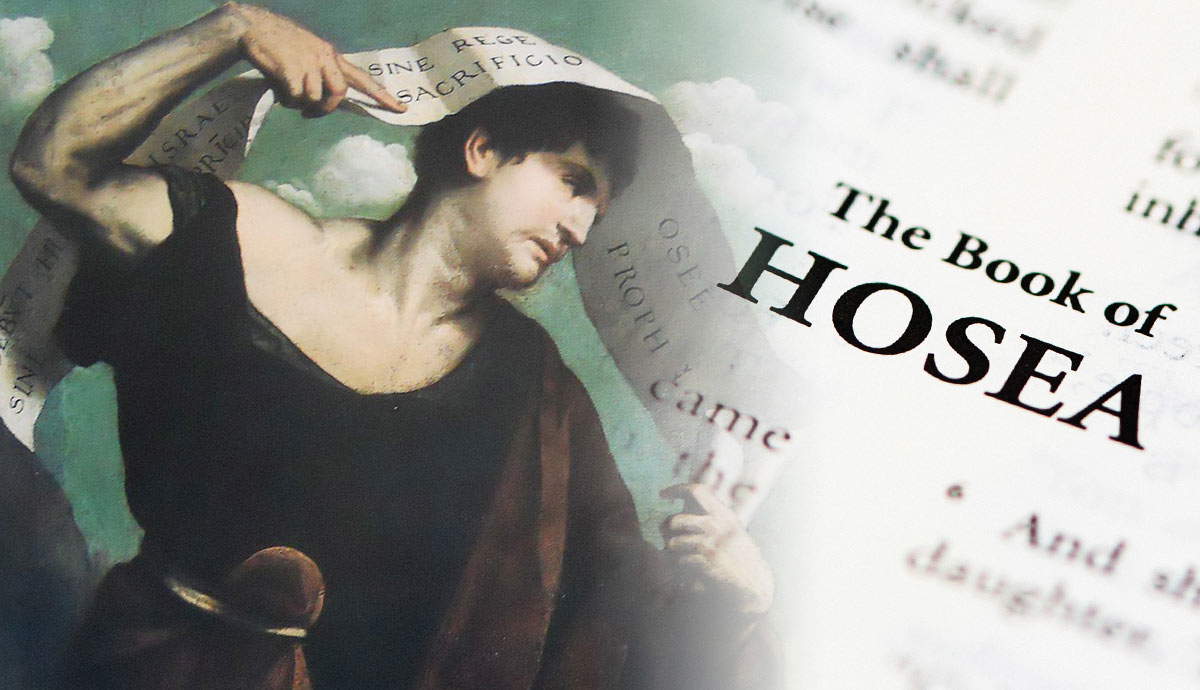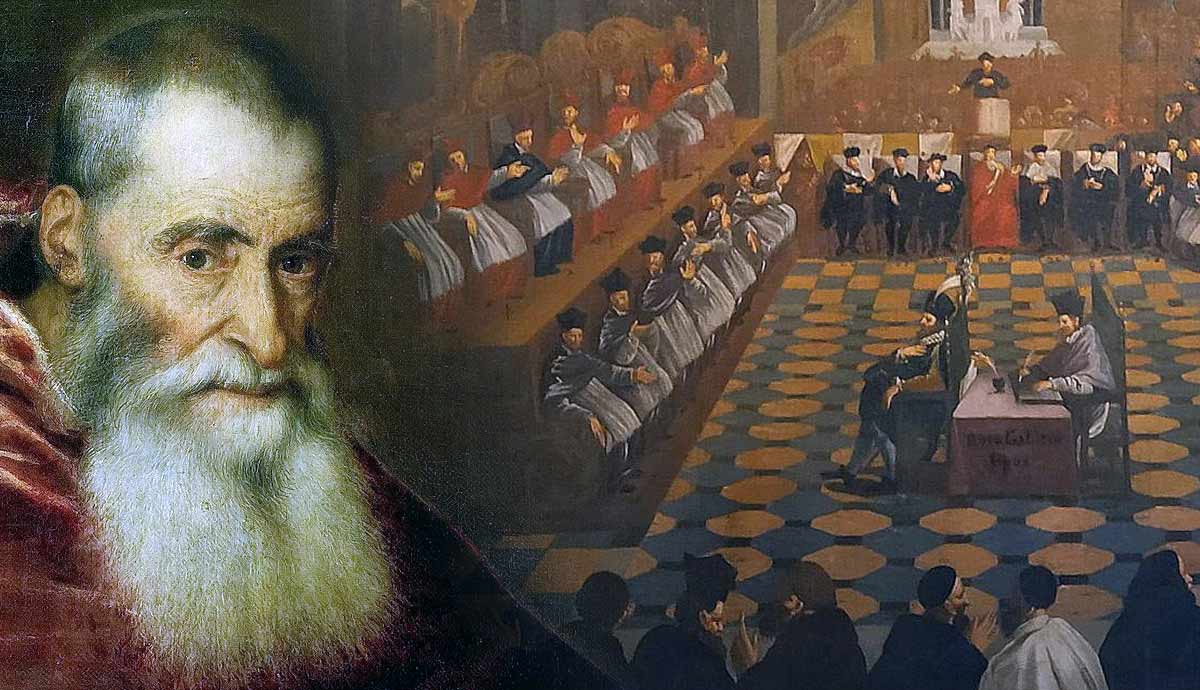
Most people who have picked up a Bible have at some time thought: “Well… this makes no sense!” The Bible is a dense collection of writings that was written over centuries. It is no wonder that it does not always make for easy reading. Many modern Christians are hesitant to dive deep into the Bible and the books of the prophets in particular because it is so intimidating. They often fear that asking questions of the Bible will cause it all to collapse—as if it is a flimsy tower in a game of Jenga. And so things like the prophetic literature in the Bible often remain untouched.
The Bible: A Book, or a Library?

If modern readers of the Bible are too afraid to dive into the Old Testament, this means that a big part of the overall story is left behind. Theologians have found, again and again, that the whole Bible tells one story: God’s Big Story. This is also known as the Missio Dei (the Mission of God). The danger of only reading the easy-to-understand parts of scripture is that it shows only part of the Big Story.
There is a fairly well-known anonymous quote about the Bible being a library and not a book. Its premise is that we as readers need to quit approaching the Bible as one single book. Why? The reasons are multifaceted. It was not written by a single author, but it is a collection of books and letters written by a group of people. The books are not even organized in chronological order, so even though it might be tempting to start with Genesis and read all the way through, that approach will not make much sense. Furthermore, the books in the Bible are not even all of the same genre. Think about it: would you read poetry in the same way that you read historical narrative? Probably not…
Hermeneutics is the branch of Theology that focuses on our lenses of interpretation. It asks, “Why do we see things in the way that we do?” We need to recognize that a book from the Bible was written by a person (or people) in a specific context and that they were speaking to an intended audience in a chosen style. The point is that any Biblical verse has context. If we are aiming to read in an intentional way to get the most out of the text, it can be super helpful to understand that context.
The Genre of Prophetic Literature in the Bible

There are multiple genres in the Bible. Poetry and rhyme are found especially in the Song of Solomon, Proverbs, and Psalms. Many parts of the Old Testament are like governmental documents where laws and rules are given. Think of Leviticus and Numbers. Other places pen down the oral accounts that have spread through generations, like with the creation account(s) in Genesis. While still, others tell historical events like the Book of Kings (1 and 2 Kings). Some books even have multiple genres inside them. Of the 66 books of the Bible we have today, there are roughly seven genres: Prophecy, Letters, Gospels, History, Wisdom, Poetry, and Law.
Have you ever tried to read a Bible chronically and found yourself wondering: “Didn’t I just read this!?” The Bible is full of repetition. To us, as modern readers, these duplications create cumbersome obstacles to skip through but think for a moment about how the Bible came into existence… If a detective is gathering evidence for a case, they need to consult various eyewitnesses to make a strong case. Well, that is a simple way of explaining how the canon of the Bible was put together. According to The Gospel Coalition, “Not only do we know a lot about the historical processes that brought those canons into existence, but God has given us ways to recognize the books that are from him, namely those that have divine qualities, corporate reception, and authoritative authors.”
Prophetic literature can be found in the following Biblical books: Isaiah, Jeremiah, Ezekiel, Hosea, Joel, Amos, Obadiah, Jonah, Micah, Nahum, Habakkuk, Zephaniah, Haggai, Zechariah, and Malachi. Some Bibles distinguish between Major and Minor Prophets, but that has less to do with the message of prophecy than the lengths of the books.
Who Were Some of the Most Prominent Biblical Prophets?

The major prophetic books in the Bible are Isaiah, Jeremiah, Ezekiel, and Daniel. In simple terms, prophets were God’s chosen messengers. The Bible speaks about a loving creator God who made human beings in his image (Genesis 1:27). In the beginning, God lived near people in the Garden of Eden. When his creation greedily chose to disobey him, there came a separation between God and his people (Genesis 3). In the following decades, according to the Bible, this divide that broke up the relationship between God and people became bigger and bigger.
There were moments after Eden when God still spoke to people in an audible voice and angels walked the Earth, but these became less and less frequent as more time passed and humanity distanced themselves more from God. It reached the point where God’s people were not listening to him anymore, and there were only a handful of people who could hear his voice clearly. These peculiar people were the prophets. For Christians and Jews, they were handpicked by God for the purpose of being his messengers.
Consider the passage in Isaiah 6:5-8 where he was called to be God’s prophet:
“‘Woe to me!’ I cried. ‘I am ruined! For I am a man of unclean lips, and I live among a people of unclean lips, and my eyes have seen the King, the Lord Almighty.’ Then one of the seraphim flew to me with a live coal in his hand, which he had taken with tongs from the altar. With it he touched my mouth and said, ‘See, this has touched your lips; your guilt is taken away and your sin atoned for.’ Then I heard the voice of the Lord saying, ‘Whom shall I send? And who will go for us?’ And I said, ‘Here am I. Send me!’”
How to Read Prophetic Literature

When reading prophetic literature, it is especially important to not isolate Bible verses. It can be tempting to just use a verse like Jeremiah 29:11 on its own. This is one of the most “popular” from scripture. It reads: “For I know the plans I have for you,” declares the Lord, “plans to prosper you and not to harm you, plans to give you hope and a future.” Beautiful, right? However, we need to consider the context of this verse.
For example, when we read the rest of the paragraph surrounding the verse above, it makes a lot more sense. Consider verses 10 to 12: “This is what the Lord says: ‘When seventy years are completed for Babylon, I will come to you and fulfill my good promise to bring you back to this place. For I know the plans I have for you,’ declares the Lord, ‘plans to prosper you and not to harm you, plans to give you hope and a future. Then you will call on me and come and pray to me, and I will listen to you.’ Do you see how reading the surrounding text helps shed light on the single verse? This passage is clearly about the Babylonian exile.
Prophetic literature always has a specific message given to specific people at a specific time. If you are unsure about how to understand prophetic literature, it is also a good idea to start with the context. Nowadays, we have information at our fingertips, so we can easily look up any questions we have about a prophet. Some Bibles include a summary of things like a timeline and how each book fits into the grander narrative (the Missio Dei).
Did Any of the Bible Prophecies Actually Come True?

Another way to read prophetic literature is to look for parallel scriptures. At the beginning of this article, we discovered the Missio Dei and the fact that the Bible can be considered as different accounts of the same story. Therefore, it is unsurprising that many of the prophecies have parallel passages of scripture in other books. John Piper said: “Reading and understanding the Bible involves lots and lots of interpretation. Not just in light of the world and culture around us, but in reference to other parts of the Bible.”
Let’s consider an example: Zechariah prophesied about a king coming into Jerusalem on a donkey (Zechariah, 9:9). This is exactly the kind of thing we read in prophetic literature that seems completely random when read in isolation. But when we look for its parallels, we find that Jesus did exactly that (Luke, 19:28-44). Jesus is thought to have fulfilled more than 300 prophecies, which is part of the reason why Christians believe he is the Messiah that the Old Testament talked about.










